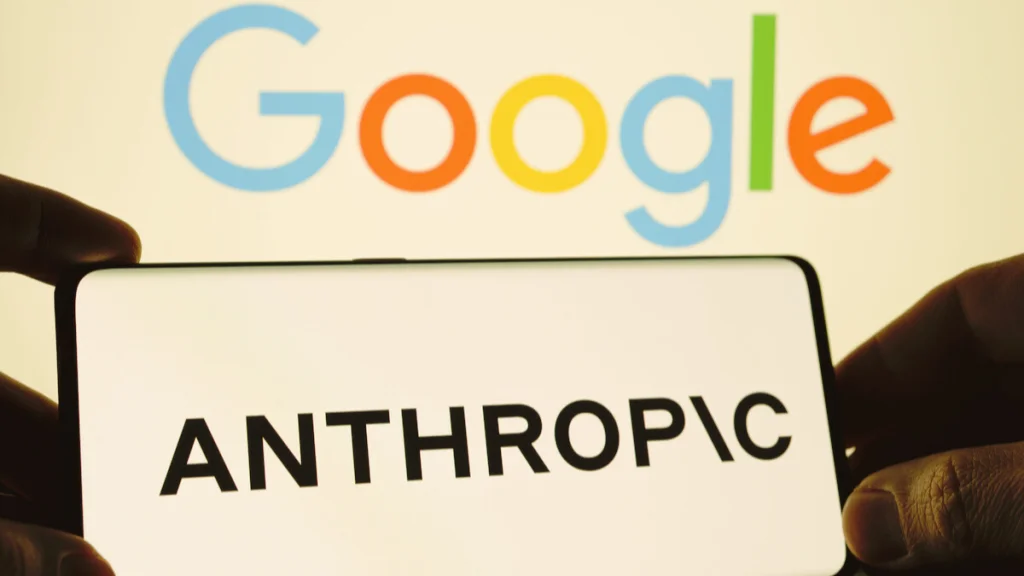OpenAI Invests in Moral AI Research
OpenAI has awarded a $1 million grant to Duke University’s Moral Attitudes and Decisions Lab (MADLAB) to explore how artificial intelligence can predict human moral judgments. This initiative emphasizes the intersection of technology and ethics, addressing critical questions about AI’s role in moral decision-making.
The Vision: A “Moral GPS”
MADLAB, led by ethics professor Walter Sinnott-Armstrong and co-investigator Jana Schaich Borg, spearheads the “Making Moral AI” project. Their goal is to create a “moral GPS,” a tool to guide ethical decision-making using insights from computer science, philosophy, psychology, and neuroscience.
By understanding how moral attitudes are formed, the team hopes to advance AI systems that not only recognize but also support ethical reasoning in diverse scenarios.
AI’s Role in Morality
The research focuses on how AI might assess and influence moral decisions. For instance, algorithms could evaluate dilemmas like choosing between two unfavorable outcomes in autonomous vehicles or offering guidance on ethical business practices.
However, such advancements raise critical questions:
- Who defines the moral frameworks guiding AI tools?
- Should humans trust AI with ethically significant decisions?
OpenAI’s Ethical Vision
The grant aims to develop algorithms that predict moral judgments in areas like medicine, law, and business, where ethical trade-offs are common. While these algorithms show promise, AI still struggles to grasp the cultural and emotional nuances of morality.
Concerns about AI’s application are also growing. While it might assist in life-saving decisions, its use in defense strategies or surveillance raises ethical dilemmas. Can unethical AI actions be justified for national interests or societal goals?
Challenges in Embedding Morality into AI
Developing ethical AI systems presents significant challenges:
- Cultural Variability: Morality is shaped by personal, cultural, and societal values, making universal moral codes difficult to encode.
- Bias and Accountability: Without safeguards, AI may perpetuate biases or lead to harmful applications.
Collaboration among technologists, ethicists, and policymakers is essential to address these challenges and build AI systems that align with fairness, transparency, and inclusivity.
A Step Toward Responsible Innovation
OpenAI’s investment in Duke University’s research is a vital step in shaping the future of ethical AI. Projects like “Making Moral AI” highlight the need for balancing innovation with responsibility, ensuring that AI serves humanity’s greater good.
As AI continues to influence critical decisions, its ethical implications demand attention. By fostering interdisciplinary collaboration, the journey toward moral AI begins with understanding — and addressing— complex ethical landscapes.








Leave a Reply